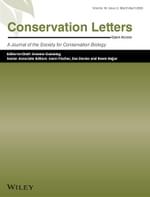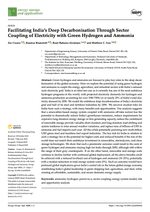medRxiv
Alison Farrar, Conor Feehily, Piers Turner, Aleksander Zagajewski, Stelios Chatzimichail, Derrick Crook, Monique Andersson, Sarah Oakley, Lucinda Barrett, Hafez El Sayyed, Philip W. Fowler, Christoffer Nellåker, Achillefs N. Kapanidis, Nicole Stoesser doi: https://doi.org/10.1101/2023.12.11.23299807
View Journal Article / Working PaperAntibiotic resistance is an urgent global health challenge, necessitating rapid diagnostic tools to combat its escalating threat. This study introduces innovative approaches for expedited bacterial antimicrobial resistance profiling, addressing the critical need for swift clinical responses. Between February and April 2023, we conducted the Infection Inspection project, a citizen science initiative in which the public could participate in advancing an antimicrobial susceptibility testing method based on single-cell images of cellular phenotypes in response to ciprofloxacin exposure. A total of 5,273 users participated, classifying 1,045,199 images. Notably, aggregated user accuracy in image classification reached 66.8%, lower than our deep learning model’s performance at 75.3%, but accuracy increased for both users and the model when ciprofloxacin treatment was greater than a strain’s own minimum inhibitory concentration. We used the users’ classifications to elucidate which visual features influence classification decisions, most importantly the degree of DNA compaction and heterogeneity. We paired our classification data with an image feature analysis which showed that most of the incorrect classifications were due to cellular features that varied from the expected response. This understanding informs ongoing efforts to enhance the robustness of our deep learning-based bacterial classifier and diagnostic methodology. Our successful engagement with the public through citizen science is another demonstration of the potential for collaborative efforts in scientific research, specifically increasing public awareness and advocacy on the pressing issue of antibiotic resistance, and empowering individuals to actively contribute to the development of novel diagnostics.




